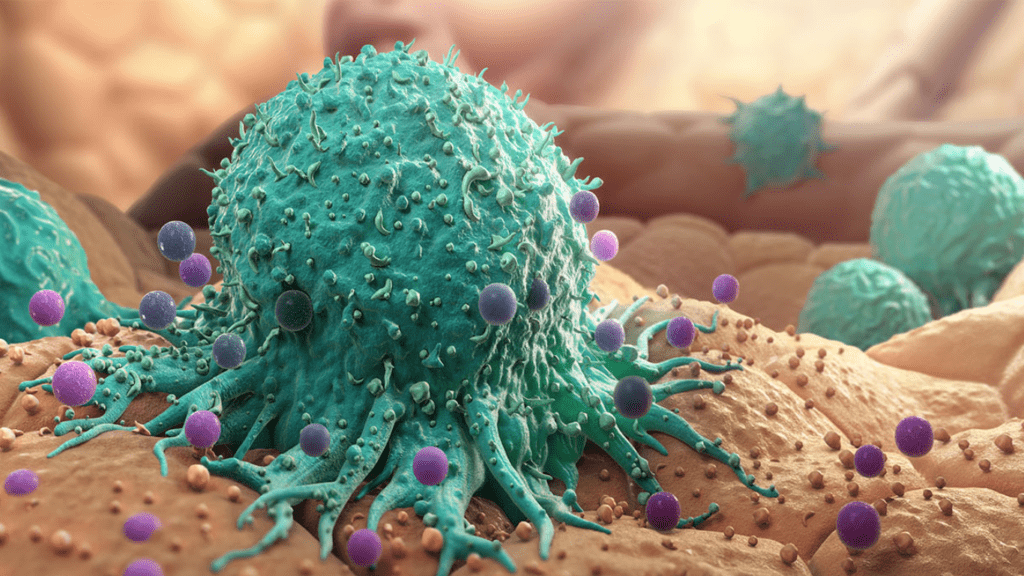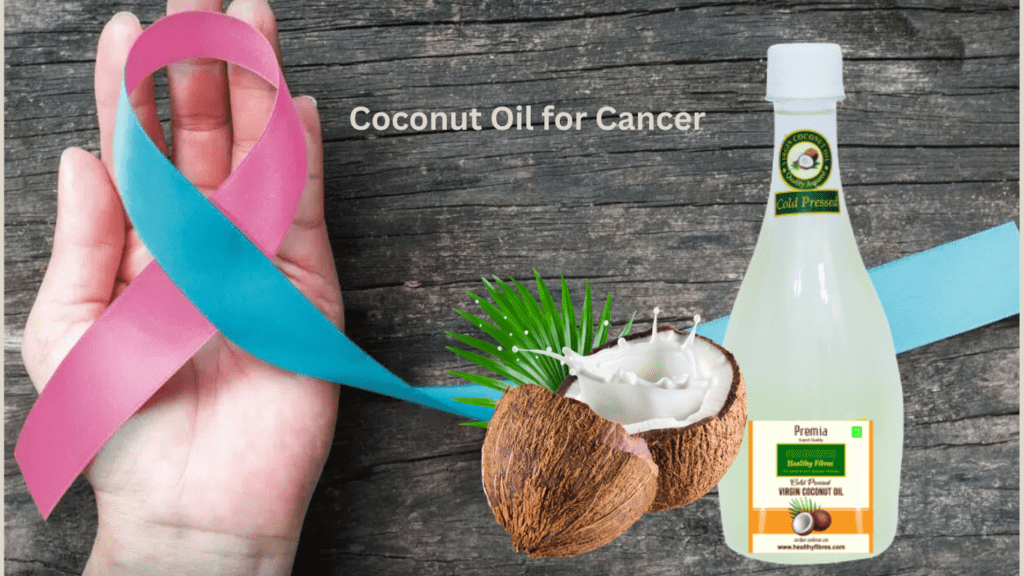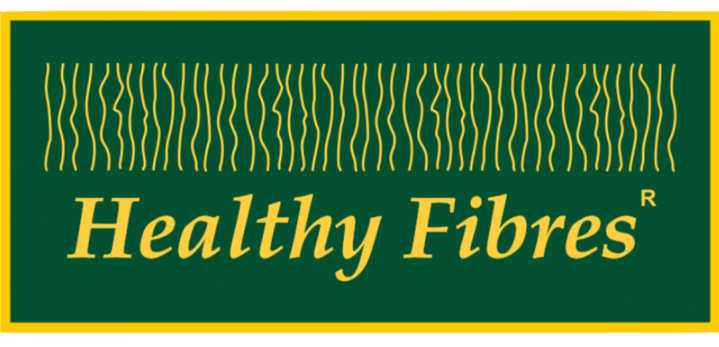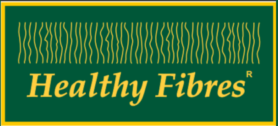Do you know why the cancer rate is increasing among us?

Introduction:
The alarming raise in cancer rates in recent years has caused widespread concern around the world. As we delve deeper into this complex issue, it’s critical to remember that cancer is a multifaceted disease influenced by a variety of factors such as genetics, environment, and lifestyle choices. In this blog post, we will look at some of the factors that contribute to this, with a particular emphasis on the impact of lifestyle choices and the consumption of toxic substances in our food.
The significance of lifestyle decisions leads to raise in Cancer .
Sedentary Habits: Sedentary lifestyles are becoming more common in today’s society. Physical inactivity is not only linked to obesity, but it also increases the risk of various cancers. Regular exercise in our routines can significantly reduce this risk.
Poor Dietary Habits: Our dietary choices are critical to maintaining good health. Fast food, processed snacks, and sugary beverages have become increasingly popular. These foods are frequently high in unhealthy fats and sugars, which contribute to obesity and inflammation, both of which are associated with an raise in cancer cases.
The Global Obesity Epidemic: The global obesity epidemic is a major contributor to rising cancer rates. Obesity raises the risk of several cancers, including breast, colorectal, and pancreatic cancer. Adopting a balanced diet and encouraging healthy eating habits can aid in the fight against this epidemic.
Toxic Food Consumption leads to raise in Cancer:
Artificial Food Colours: To improve their visual appeal, many processed foods contain artificial colours. According to research, some of these artificial colours may be carcinogenic. Choosing natural alternatives and whole foods can help to reduce your exposure to these potentially harmful substances and eventually there will not be raise in cancer around us .
Preservatives and additives: The convenience of packaged and processed foods is frequently accompanied by the addition of preservatives and additives. Cancer has been linked to some of these chemicals. Reading labels and selecting products with fewer additives can help you live a healthier life.
Hexane Exposure: Concerns have been raised about the carcinogenic potential of hexane, a solvent used in oil extraction. Hexane residue, a neurotoxic substance commonly used in the production of refined oils, may persist in the final product. Several studies have found a link between hexane exposure and cancer development. To reduce risk, consumers can choose oils extracted without hexane, such as cold pressing or expeller pressing. Choosing oils with transparent manufacturing processes and hexane-free labels is a proactive approach to reducing potential health risks associated with hexane exposure. While more research is needed, informed cooking oil choices can contribute to a healthier lifestyle.
Pesticide Residues: Non-organic fruits and vegetables may contain pesticide residues, which have been linked to the development of cancer. Washing produce thoroughly and choosing organic alternatives can help to reduce your exposure to potentially harmful substances.

https://healthyfibres.com/product/virgin-coconut-oil/
Conclusion:
While the increasing cancer rates are undoubtedly a complex issue, embracing a healthier lifestyle and being mindful of the substances we expose ourselves to can make a significant impact. Making informed choices about our diet, incorporating regular exercise, and reducing our exposure to toxic substances in our food are essential steps towards preventing and mitigating the risk of cancer.
By fostering awareness and promoting individual responsibility, we can collectively contribute to a healthier and cancer-resistant society. Let us strive for a future where the rising tide of cancer is stemmed and our communities thrive in well-being and vitality.


Pretty! This has been a really wonderful post. Many thanks for providing these details.